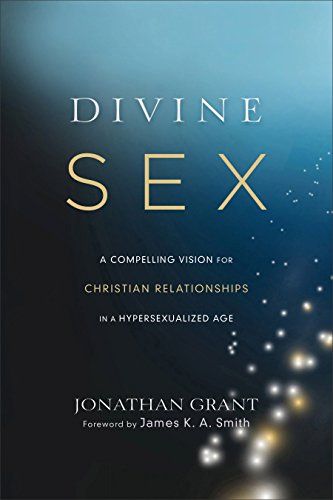The Problem With Authenticity

Authenticity seems to be a good thing. At first glance, it’s a value that Christians share with society. To be authentic means to be genuine and without pretense. Who could argue with that?
We want authentic ministries. We also want people to be authentic within our churches. I’ve sometimes expressed it as a value that we hold in common regardless of our faith.

Not anymore. Authenticity a loaded word, and one we must use with caution. At the very least, we need to define the term before we use it.
Two Definitions of Authenticity
I’ve mentioned one definition of authenticity: the state of being true and genuine, and without pretense. If that’s the definition of authenticity, then I’m all for it. But that’s not always what people mean when they talk about authenticity.

In his book Divine Sex, Jonathan Grant writes:
Modern authenticity encourages us to create our own beliefs and morality, the only rule being that they must resonate with who we feel we really are. The worst thing we can do is to conform to some moral code that is imposed on us from outside— by society, our parents, the church, or whoever else. It is deemed to be self-evident that any such imposition would undermine our unique identity.
Modern authenticity means that we must be true to ourselves. It means that we become arbiters of what’s right and wrong. It means that nobody else has the right to impose their beliefs or values on anyone else.
Under this definition, authenticity is the ultimate trump card. Grant describes the consequences of modern authenticity:
Ultimately, this form of expressive individualism, with each person doing his or her own thing, leads to a form of soft moral relativism: we should not criticize each other’s “values” because each person’s right is to live as they wish. The only sin we cannot tolerate is intolerance … The authentic self believes that personal meaning must be found within ourselves or must at least resonate with our one-of-a-kind personality. We must, as we often hear, “be true to ourselves.”
Under this definition of authority, the individual is the ultimate authority. Our personal feelings and intuitions are the final arbiter of what’s right and wrong. Transcendence is found within. Nobody, including God, can tell us what to do.
“The culture of authenticity has indeed become the moral wallpaper of our lives, deeply shaping our personal identity, sexuality, and relationship,” Grant says. “Sadly, these trends have influenced our church communities as thoroughly as the secular culture.”
The results of this kind of authenticity are tragic. “Allowing emotional authenticity to guide us in our long-term relationships is like trusting ourselves to the schizophrenic Gollum— sometimes loyal and sometimes treacherous but ultimately bent on our destruction.”
This is not the type of authenticity we want to affirm.
Better Than Authenticity
It’s important that we address this, and provide a better alternative. Here are a few ideas.
First, let’s be careful in using the term authentic in our ministries. If we use it, let’s make sure we’re clear about what we mean. Let’s be clear that we’re affirming genuineness and honesty, rather than the idea that our highest allegiance is to be true to ourselves.
Second, address the modern view of authenticity and its consequences. Many who hold the modern view have never taken the time to examine it. We’ll do our churches a favor if we help them see the problem with this modern view of authenticity.
Finally, let’s always lean into biblical values that are out of vogue. If biblical values like suffering, submission, and servanthood rub us the wrong way, it’s a good sign that we need to give them more attention. The more that culture tells us that we’re our own highest authority, the more we need to emphasize the truth of Scripture: “There is a way that seems right to a man, but its end is the way to death” (Proverbs 14:12).
Virtues like honesty, confession, submission, and obedience look a lot less compelling than modern authenticity, but they describe a much better way to live.






